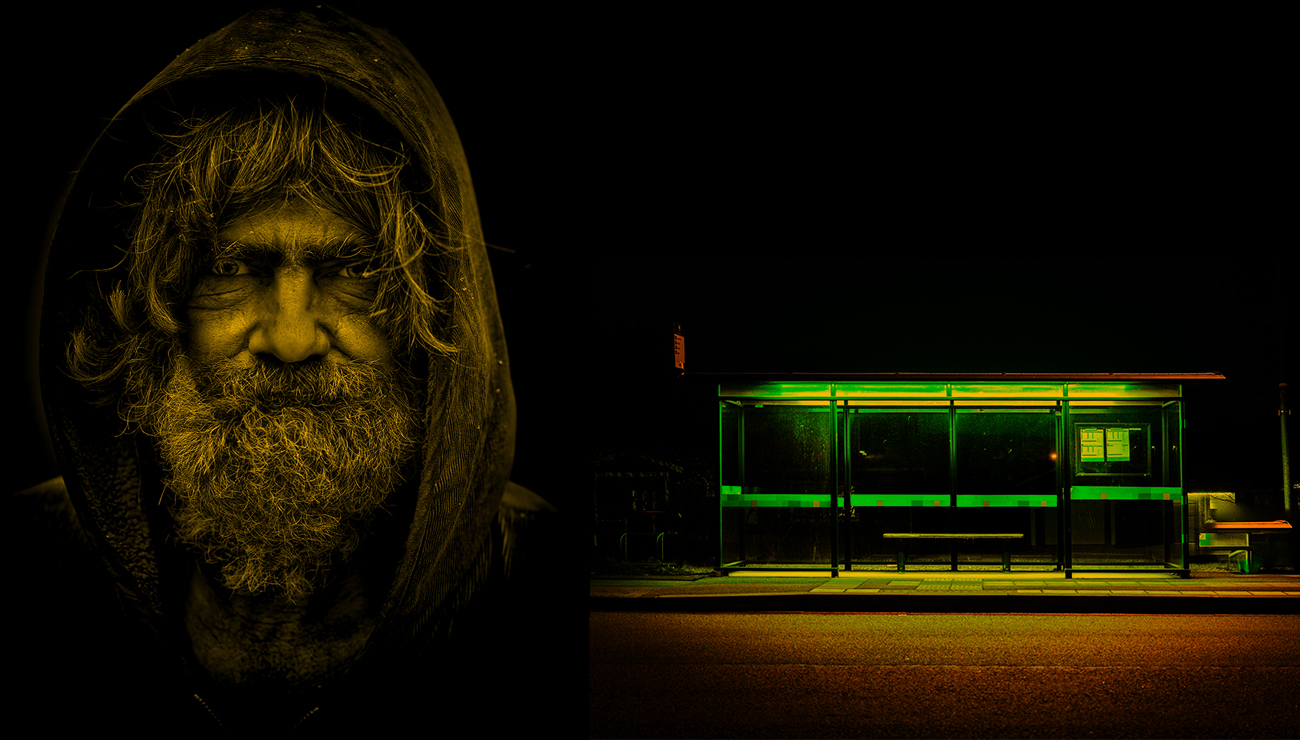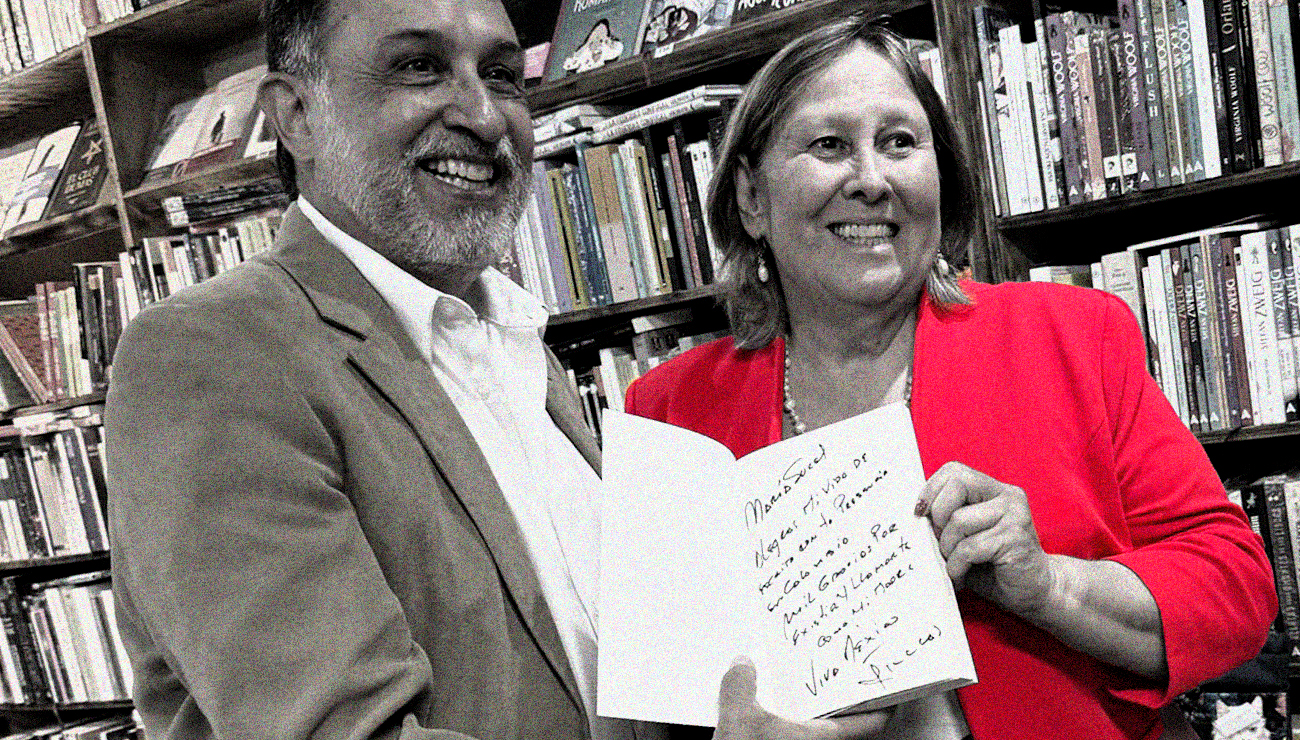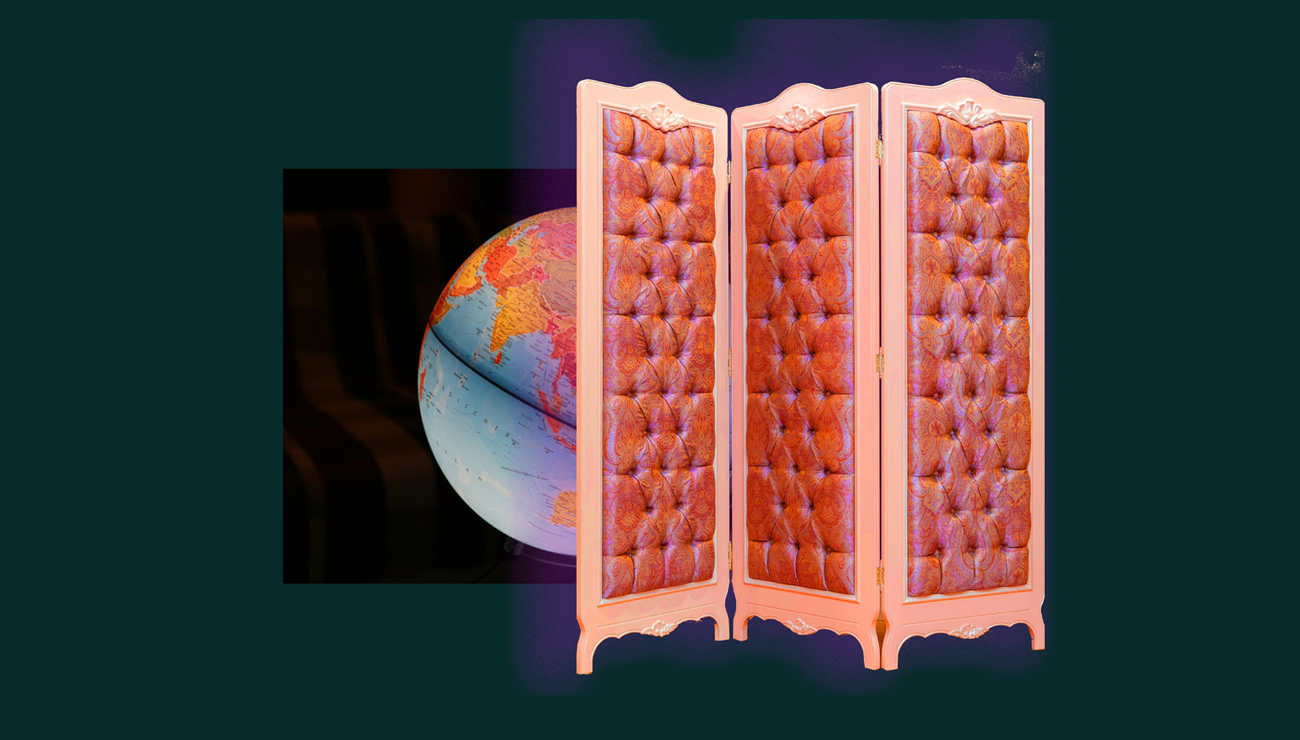
We are frogs, birds, and lizards, crashing against the mirrors of our own illusions.
Author: ©2024 William Castano-Bedoya
Even though I had already walked half a mile down Red Road to the south, I fell into an illusion upon seeing the ruined little body of a five-inch lizard. I wasn’t surprised; I see their bodies drying in the sun daily, at the mercy of so many unnoticed steps. It was then that I reflected that I was walking on what could be called the path of fallen souls. There’s no corner on the road that doesn’t tell a mini-tragedy: frogs crushed by indifferent tires, lizards whose fate ended under the sneakers of a rushing student, snakes reduced to black lines on the asphalt. At one point, I posted an allegory I titled: “Between Bukowski and the Death of Two Snakes”.
I then thought of the dark parking lot at the University of Miami, on its eastern side, in front of a vast lot. There, an army of stray cats lives in the shadows, eternally pursued by fleas that crown them as monarchs of an invisible kingdom. That parking lot, though urban and functional, seems like a forgotten remnant of chaos, where the parked cars seem trapped in their own parade of indifference, and the cats’ shadows merge with the cracks in the asphalt.
I couldn’t help but remember that building with mirrored windows on Ponce de León, which has become an aerial graveyard for birds that, in trying to conquer the sky, crashed into their own illusion, into the mirrors created by the windows.
It’s curious to think that, if these creatures decided to organize, they could stage a historic protest: the cats would demand vaccination booths and dignity instead of more fleas; the frogs would form unions against heartless tires; the lizards would picket against the negligence of pedestrians; and the dead birds would demand the right not to be victims of modern architecture.
Perhaps, in their collective indignation, they could draft the Universal Declaration of Crushed Animals, demanding symbolic reparations: dignified funerals or, at the very least, a minute of silence before every step. They might even propose a “protected wildlife zone” at the university, where skateboards and scooters would yield to smaller creatures.
And here’s where the irony enters: if they, the voiceless ones, managed to organize, wouldn’t they expose our absurd inability to organize ourselves, the humans, in their struggle for empathy? Here we are, the supposedly most advanced species, unable to agree on something as basic as mutual respect, while fleas do their work with the precision of a Swiss clock.
I keep walking, thinking about the martyr frogs, the deluded birds, the wandering cats, and the forgotten lizards, while my own steps join the endless chain of neglect. “Life is like walking through a cemetery that keeps expanding, with no one stopping to look.”
Suddenly, something extraordinary happened. As I watched a lizard that had survived the chaos, it turned its head and spoke:
“What are you doing, walker?”
I froze, unable to respond. I took off my earbuds and approached it, fascinated. Its voice sounded strange; lizards don’t speak, only in TV commercials, I thought. I’ve never heard their sounds, I always thought they were mute. But the lizard insisted, and I managed to hear its distant whisper:
“I’ve seen you many times. You look. They don’t,” it said with confidence.
I hesitated for a moment before responding:
“I’m just trying to understand all this… chaos.”
The little creature nodded as if my words made sense. With agility, it climbed up some branches and then jumped, landing on my shoulder.
“Come, I want to introduce you to someone,” it said, pointing to a garden of one of the large houses in the neighborhood. It motioned for me to follow it to a dark corner among the branches.
There, sitting in the shadows, was a man reading a worn book, peaceful, completely focused and calm. He wore a simple robe, and his face looked like that of a wise person from ancient times. His skin, marked by the sun and the wind, seemed to have traveled from the edges of time. His gaze was serene, but in it lived centuries of stories. The creature with bulging eyes and a tiny iguana tail whispered to me:
“He is Aesop, the master of fables.”
I was speechless, not understanding.
“Is it really him? The slave who defeated chains with words, the storyteller who gave voice to animals to speak about men?” I asked, astonished.
“Yes,” she replied with a smile, as if it were all so simple.
“And what’s he doing here?” I asked.
“He’s my friend,” she answered proudly. “I evoke him, and he crosses time and oblivion to be here, as if his spirit had never stopped walking among us, observing, learning, teaching.”
Aesop lifted his gaze, pleased, and put his book between some branches. He approached us smiling, and I said:
“I’m walking my three daily miles, but it terrifies me to see how my route is a true path of fallen souls.”
“I know,” said Aesop, thoughtfully. “Last night I walked here too and felt their presence.”
“You know?” he said. “I also saw that crushed frog nearby. Its tragedy leaves us lessons, if we know how to look for them. Invite me to walk.”
“It would be a pleasure.”
“That crushed frog makes me think of a possible fable called ‘The Fable of the Resigned Frog.’ A frog saw the tires approaching, but didn’t jump. ‘What’s the point of jumping?’ it thought, ‘if there’s always another tire behind.’ And so, without moving, it let destiny reach it.”
“Resignation is the quickest way to find the end,” Aesop responded, leaving me speechless.
We kept walking, and each scene turned into a fable. When we reached the building with mirrored windows, Aesop spoke to us about the cruel fate of the fallen birds:
“They’re part of the fable of the mirror and the sky. You see, a bird, seeing its reflection in the glass, thinks it’s a rival. Then it flies into it, only to meet its end. A second bird observes the scene but doesn’t learn, and also flies toward the same reflection. The moral is simple and cruel: ‘illusion will always be reality’s greatest enemy.’”
The lizard let out a light laugh this time, trying not to embarrass me. I, for my part, delved into the meaning of that phrase. How true it is, I thought.
“You know? If walkers appreciated us a little more, they would free themselves from millions of mosquitoes we swallow every day. We are the invisible guardians of their steps. The frogs would say the same if they could speak,” said the lizard, lively and motivated, visibly irritated by the threats to its own existence. Aesop intervened, saying:
“True gratitude is found in recognizing invisible sacrifices, in understanding that one’s well-being often depends on many who don’t receive glory. Only when we learn to value the invisible do we find harmony in the world.”
We had already walked nearly two miles when we arrived at the cats’ place. Among the shadows, dozens of them hid, their yellow eyes glowing in the dim light like small beacons in the dark. We stopped in their territory, while the lizard whispered in my ear:
“This is their kingdom. They’re here, but we always ignore them.”
Aesop gave them a piercing look, as if reflecting more deeply than ever. A cat, with dirty fur and its tail held high, began to complain loudly:
“The fleas! They bite us all day; we can’t rest.”
A second cat, also irritated, added:
“They don’t leave us alone!”
Aesop, approaching with his usual calm and a serene look, said:
“Ah, I understand. Nature always has its challenges. But who better than you, cats, to find solutions?”
The cats looked at him attentively, still scratching their hopelessness.
“Let me tell you a fable,” continued Aesop. “There was a fox that couldn’t rest because of the flies surrounding it. Instead of complaining, it patiently waited for the rain. When it came, the flies fled. The fox also took advantage of the sunny days to rest in warm places where the flies didn’t follow.”
The cats began to calm down as they listened.
“The fox didn’t face the problem directly; instead, it used what nature offered: the rain and the sun. In this way, it got rid of what bothered it.”
The cats looked at each other, surprised.
“That’s it!” exclaimed one of them. “We can use the sun to make the fleas desperate, and when they’re not focused on biting us, we’ll shake our bodies violently and leave them behind.”
“Exactly,” Aesop said, smiling. I was stunned, and surely the lizard too. “Sometimes, the best way to solve a problem is not to face it directly, but to take advantage of what nature offers and be clever in seeking solutions.” The cats exchanged glances, and we moved away, leaving them with the solution in their hands.
As we continued on our way, Aesop looked at me with those eyes as deep as a calm sea and said:
“Life is a cycle, one that begins without us noticing and ends before we can understand it. Even the smallest things have a purpose, a contribution we make to this world, though humans may not see it.”
He spoke of his origins, of how he learned to see the world through the eyes of a slave who was never truly enslaved in his mind. He told of how the beasts in his stories were nothing more than mirrors of men, and how men, in turn, were broken mirrors of the world.
When we finished our walk, the lizard, who had been silently watching everything, looked at me with its bright eyes and said:
“Now you have our stories. Carry them with you.” Then it leaped onto a branch with almost ethereal grace, and in the blink of an eye, disappeared into the shadows of the garden, as if it had never been there. I looked for Aesop, but he had vanished. I was left in a daze, feeling both perplexed and sad, and here I am, trying to capture with words what I experienced today. As I write, I can’t help but think that we, humans, are also frogs, birds, and lizards, crashing against tires and mirrors of our own illusions. Perhaps if we listened more to Aesop and his fables, we would learn to walk more carefully, with more purpose, leaving less destruction behind us.
Finished reading and want more? Your next favorite story is just a click away.
Explore my books!
A Planetary Choreography: Each Tragedy Serves as a Screen to Hide Another
William Castaño
William Castaño-Bedoya is an American writer based in Coral Gables, Florida. His literary fiction explores the ethical, psychological, and emotional structures that shape human relationships, focusing on love, vulnerability, and the tensions between power and compassion. His narrative voice is marked by interiority, silence, and moral inquiry, privileging emotional intelligence over spectacle. After a long career in marketing and creative leadership, he turned fully to literature, bringing a strategic understanding of contemporary human experience to his work. He is the author of several novels, including "The Intriguing Stillness of the Tides", "We the Other People", "Ludovico", "Flowers for Maria Sucel", "The Galpon", and "We’ll Meet in Stockholm".



